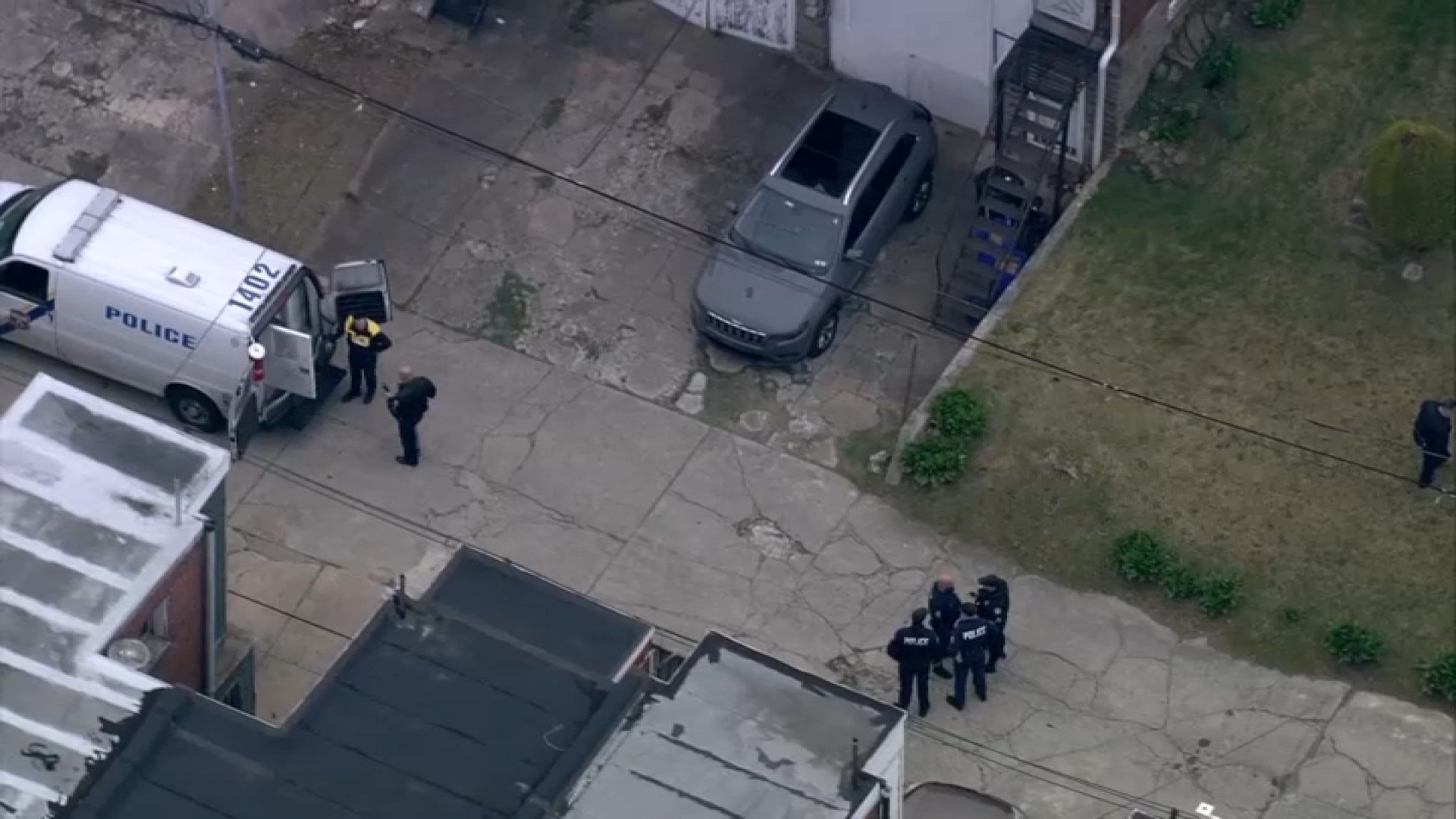Imagine losing one-third of your home!
That's the situation one Ventnor couple finds themselves in -- as the NBC 10 Investigators continue their review of the Hurricane Sandy recovery, now more than three years after the storm.
Brian and Marian Salkin have always lived on the lower floors of their three-story home. Their daughter lived on the upper floors.
After the storm, the couple used their life savings and insurance money to repair their basement dwelling.
But new elevation requirements are forcing them out of those lower levels. And they blame project delays on the very program New Jersey set up to help Sandy victims: the Reconstruction, Rehabilitation, Elevation, and Mitigation Program, or RREM.
"The RREM program, as it is now, is providing us with aggravation because we can't get moving," said Brian.
The Salkins have two options: Raise their entire house at or move upstairs and make their former living space, the basement, into a crawl space.
Local
Breaking news and the stories that matter to your neighborhood.
Raising the house will cost around $250,000 -- but the state is only willing to give the Salkins the program maximum of $150,000.
But the Salkins say stringent RREM requirement push any projects over that $150,000 mark, and they've already spent their savings.
So, they're going to have to give up one-third of their home -- and the state is going to pay them to do it!
"I apologize on behalf of the State of New Jersey," said New Jersey State Assembly member Troy Singleton.
Singleton says he has heard a lot of complaints aimed at the RREM program.
He has introduced a bill that calls for more RREM transparency and safeguards against Sandy foreclosures. Singleton says RREM delays have caused people to lose their homes.
But Governor Chris Christie is still defending the progress of the RREM program.
Christie says the state has done an "extraordinary job" and claims that everyone who has applied for a grant has funds available.
But according to RREM's website -- only about one-third of program recipients are back in their homes.
The governor says, the issue is lack of skilled labor and time-consuming work -- not funding or the program itself.
"There's not a lot of people in the state who are competent and qualified to do that work," said Christie. "And you don't want to have it done the wrong way."
Our requests for a full interview with Governor Christie or RREM program leaders have not been denied twice.
In a statement, a state spokesperson says her agency is still as focused as ever on Sandy recovery. And she insists that RREM homeowners know where they stand in the program process.
Singleton expects to be able to question leaders of the RREM program during budget hearings next month. The NBC10 Investigators will be at those hearings, to let you know what happens.



